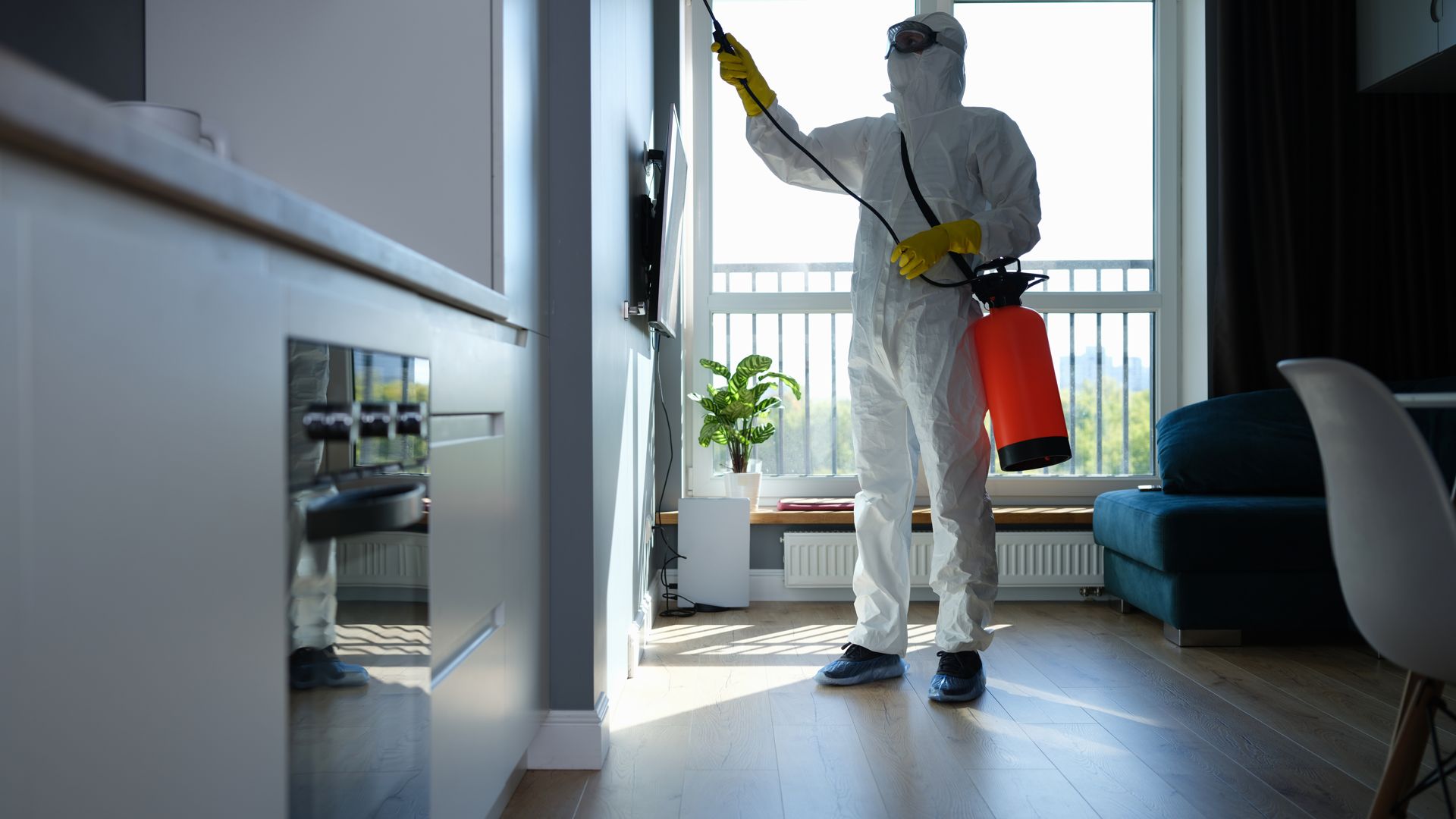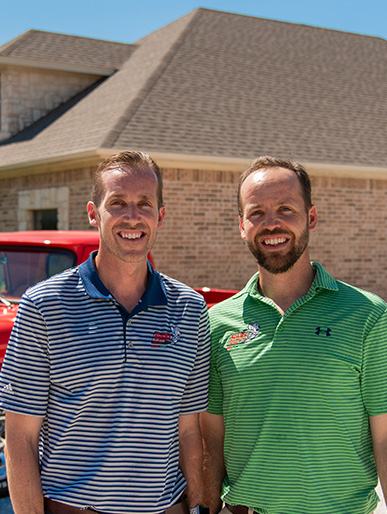
What Does Carpenter Ant Damage In Lewisville Homes Look Like?
There are 18 recorded species of carpenter ants in Texas and most of them do not cause much damage to our homes. When they get in, they create nests in walls, ceiling, and floor voids—not within wood timbers. But, there is one species of carpenter ant in Texas that can be particularly troublesome. It is the black carpenter ant, known scientifically as Camponotus pennsylvanicus. If ants of this species find ideal conditions on your property, they can do a lot of damage to your home, over time. Granted, this damage isn't nearly as bad a subterranean termite damage, but it has unique properties that can make your home susceptible to water damage, sun rot, and other weather-related issues. Let's look at what this damage looks like and how it can be a problem for your Lewisville home.
Splitting
Are you seeing wood that is splitting? It is sometimes difficult to tell the difference between wood rot and carpenter ant damage. If you have wood that is splitting or caving in on a deck plank, you might have a carpenter ant infestation. This kind of damage can increase the damage the sun and the rain can do to these timbers, so it is important to have your infestation addressed quickly.
Tiny Holes
Are you seeing tiny holes in your deck, fence, porch or wood siding? When tiny holes appear in wood, they might be kickout holes created by carpenter ants. Ants don't eat wood. They chew galleries in it. When they do, lots of sawdust (called frass) is produced. This frass is pushed out of kickout holes. Look for this fine sawdust on the ground, floor, or stuck to the wall. You won't have too much trouble with secondary issues from tiny kickout holes, but when carpenter ants create larger holes, rainwater can get in.
Larger Holes
Unlike subterranean termites, carpenter ants don't have a problem exposing themselves to the air. So it is possible to see a hole created by carpenter ants. It is often difficult to tell the difference between a carpenter ant hole and a hole created by rodents or some other pest. If you find a hole that is in a damp location or is in the corner of a window or door frame, you may have a carpenter ant problem. Holes created by carpenter ants shouldn't be very large. They don't have any reason to create large holes to expose their tunneling. Most of the time, these holes will be small (chewed) gaps near the floor that give the ants a large opening to go in and out of a wall nest. Since these holes are usually created in damp locations, this can lead to mold, fungi, algae, and other problems within your home. It can also let rainwater in, which can cause wood rot.
Trenches
If you're doing renovations and you open up a wall, you might find some obvious carpenter ant damage. Carpenter ants create tunnels on top of each other. These tunnels look like trenches when they are exposed. If you're wondering whether or not the tunnels you've found were created by carpenter ants or subterranean termites, there is an easy way to figure it out. Termites bring soil up into their tunnels for the moisture. This makes their tunnels gritty to the touch. Carpenter ant tunnels are smooth. The tunneling activity carpenter ants engage in can weaken structural timbers and cause cascading issues within a deck, porch, patio, staircase, or even the wood of your home. When structural timbers bend, they put stress on other timbers and cause warping. This can lead to larger signs of carpenter ant damage.
Warping
When a wall begins to bulge, a ceiling begins to dip, or a floor begins to sink, it might be carpenter ant damage. Over time, carpenter ants can create serious issues. Fortunately, in our Texas service area, this isn't generally the case. But that doesn't mean you shouldn't get carpenter ants taken care of quickly. Any damage is too much damage.
Professional Carpenter Ant Control
If you need carpenter ant control in North Texas, contact Adams Exterminating Company. We provide the highest level of pest control and customer service. Plus, we offer a free home estimate to help you figure out what is going on before you take the leap and begin treatment. It's a win-win. Reach out to us for immediate assistance!


Why Choose Adams Exterminating?
-
Trained Entomologists & Service TechniciansOur team brings a deep understanding of insect biology and behavior to create targeted pest control strategies. We're equipped with the latest techniques and technologies to effectively eliminate pests.
-
Customized Plans for Every BudgetRecognizing that each space is different, we customize pest control services for every home or business. Our approach involves targeted solutions, addressing specific needs for your environment.
-
Trusted in the Community Since 1947With a legacy dating back to 1947, our pest control company brings decades of experience with a proven track record to keep your space critter-free.
-
Locally Owned & OperatedAs a locally owned business with offices in both Denton and Lewisville, we are rooted in the community and dedicated to serving our neighbors with personalized service.


